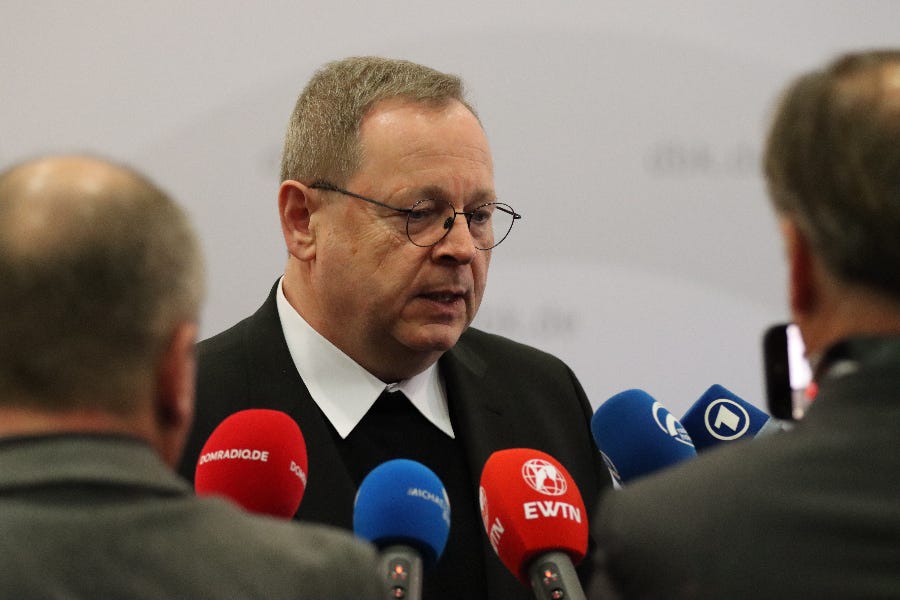Bishop Georg Bätzing said Thursday that the German bishops take seriously a recent Vatican letter urging them not to take a further step toward the creation of a permanent “synodal council” of bishops and lay people.
Substack is the home for great culture

